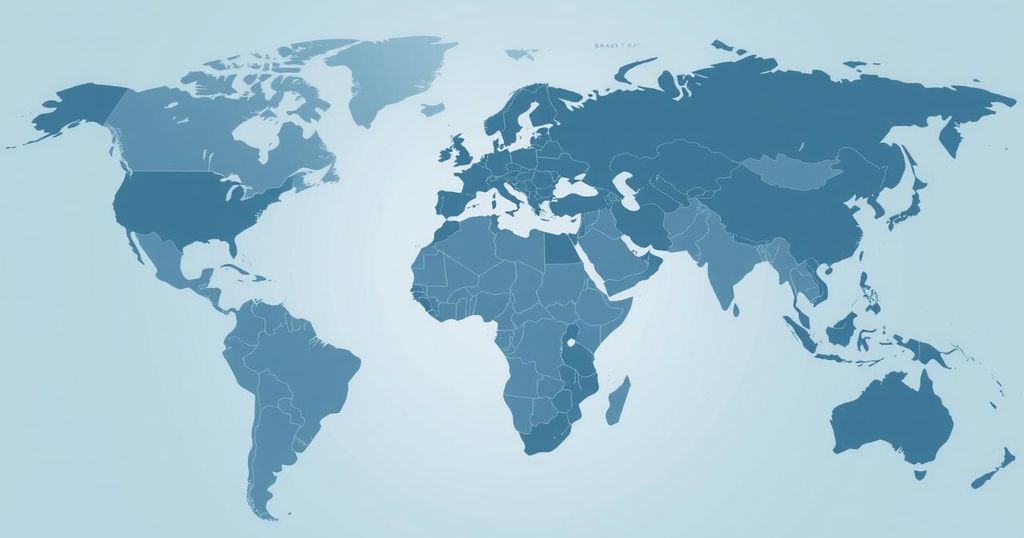Trump’s Proposed Travel Ban: Countries at Risk and Implications for Afghans

President Trump may revive a travel ban affecting several countries, including Afghanistan and Pakistan. The move follows an executive order aiming to address inadequate vetting practices. Previous bans have had significant legal and humanitarian implications, particularly for Afghans seeking resettlement after assisting U.S. forces. Predictions indicate an impending announcement concerning travel restrictions.
President Donald Trump is reportedly considering a revival of his previous travel ban, potentially affecting countries such as Afghanistan and Pakistan. Following an executive order on January 20, directed at addressing “deficient” vetting and screening processes, Trump aims to restore what was not implemented at the start of his presidency.
Historically, Trump’s initial travel ban targeted several majority-Muslim countries, which was upheld by the Supreme Court in 2018. The previous restrictions impacted an estimated seven percent of the global population, impacting nations including Cuba, Iran, Libya, North Korea, Somalia, Sudan, Syria, Venezuela, and Yemen.
Implications for Afghan nationals are significant, especially for those who assisted U.S. military forces and are currently eligible for Special Immigrant Visas (SIVs). Approximately 200,000 Afghans await resettlement or SIV approval and may face retaliation from the Taliban if a ban is instituted. The State Department may seek exemptions for these individuals, though their approval is uncertain.
A coalition known as AfghanEvac released a critical travel notice, alerting eligible Afghans to finalize their travel arrangements. Notably, they stated that while no official ban is in effect yet, sources indicate an impending announcement could restrict travel for Afghan nationals soon.
Trump’s previous attempts at a travel ban began in January 2017, which initially barred travelers from seven Muslim-majority countries; however, it was met with legal challenges. Subsequent versions of the ban excluded certain groups and ultimately were limited to six countries and North Korea, with this final version upheld until 2021 when President Joe Biden rescinded it.
In summary, President Trump is poised to reinstate travel restrictions on certain countries, notably Afghanistan and Pakistan, with significant implications for individuals seeking resettlement. The historical context of Trump’s travel bans reveals a pattern of legal challenges and eventual adaptations, while the current situation addresses urgent humanitarian concerns for Afghans. As developments unfold, the potential for further restrictions poses risks for those awaiting support from the U.S. government.
Original Source: www.independent.co.uk








